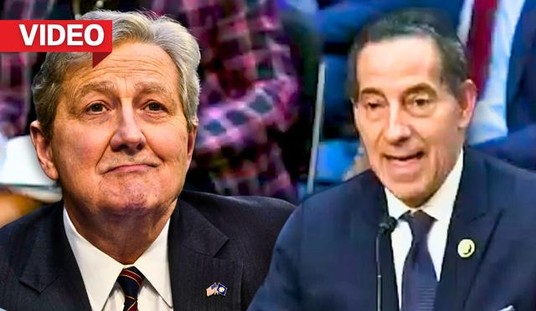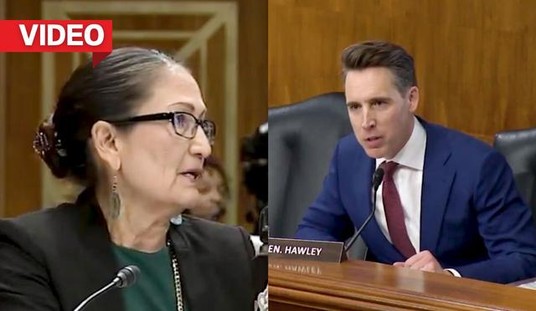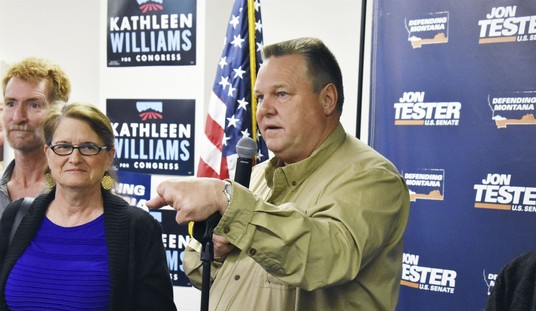First, there is the issue of political strategy. Let's start with the fact that, up until the debates with Barack Obama, the Romney campaign just was not clicking. The Obama campaign's pre-debate attacks were sharper, and its convention was more inspiring to supporters than the Romney effort, which seemed to languish through much of the summer.
The fact that Gov. Romney came roaring back, particularly in the first debate, was good news for his campaign -- but was it a strategic move of genius to basically wait until October to really fire things up, particularly when Romney's surge was a result of one very strong debate performance and a total meltdown by President Obama?
Of course, it's easy to pick apart the strategic moves of any campaign. And there are so many aspects of presidential efforts that don't come to light until months, if not years, after the vote.
For example, news reports have been filled with stories about the Obama campaign's great "ground game," with hundreds of offices in states such as Ohio. But then we come to find out that in some of the most contested states where the Democratic "ground game" is designed to get people out voting early, the early vote appears to be going more to Romney than to Obama. Perhaps we will learn down the road of various groups that have pushed Republican voters out in greater numbers than the media might realize.
Some argued that the selection of Marco Rubio as the vice presidential nominee would have been a smart move on given that it would have virtually guaranteed winning Florida and could have helped in swaying more Hispanic/Latinos to the Republican ticket. But if Romney ends up winning Florida and the choice of Paul Ryan brings Ryan's home state of Wisconsin into the GOP corner coupled with his strong performance during the campaign, then the right choice will have been made by the Romney camp.
Recommended
Certainly one strategic move by the Romney campaign, that being to underplay the apparent fiasco and potential cover-up related to the tragic deaths of U.S. personnel in Libya, is a strategic choice that may prove to be an incorrect one. President Obama has been allowed to be portrayed as an instant responder to crisis when it comes to a deadly storm, but no strong presentation of the mishandling of the attack in Benghazi was seen in ads or in the last debate devoted to foreign policy, which might have provided a strong comparison between how the two tragedies were handled by the president.
And that leads to the issue of philosophy. Make no mistake, the Republicans once again chose a more "establishment" candidate as their nominee. In one sense, this choice may prove to be perfect, in that Romney has seemed to perform better with female independent voters who are critical to a Republican victory and tend to shy away from fire-breathing conservatives. But there is little doubt that a more aggressively conservative nominee would have been all over the seeming lack of support and later lack of transparency when it comes to the entire attack in Libya. That left a greater burden on the economy and "Obamacare" to motivate swing voters to go for Romney.
Then there is the issue of luck. Not only did Romney and the Republicans have one hurricane impact their convention, but they received a double dose when Sandy brought havoc and tragedy to much of the Eastern United States.
The justifiably huge amount of attention the storm received over the past week knocked a rising Romney out of the headlines and off the offensive. As mentioned, it gave President Obama a chance to appear presidential, and as of late in the final week of campaigning, the polls were drifting a bit more back into the direction of Obama.
Of course, polling in some instances was more difficult, and as I have contended, many polls have been "weighted" more heavily Democrat than is the electorate. And there is the intangible issue of which, if any, voters in any area may be less likely to turn out as a result of the storm's immense damage and thus change a state's actual vote.
So many factors in a presidential contest -- some choices of candidates and consultants, some choices made by primary and caucus voters, and some in the hands of nature -- and all critical to the outcome.

























Join the conversation as a VIP Member